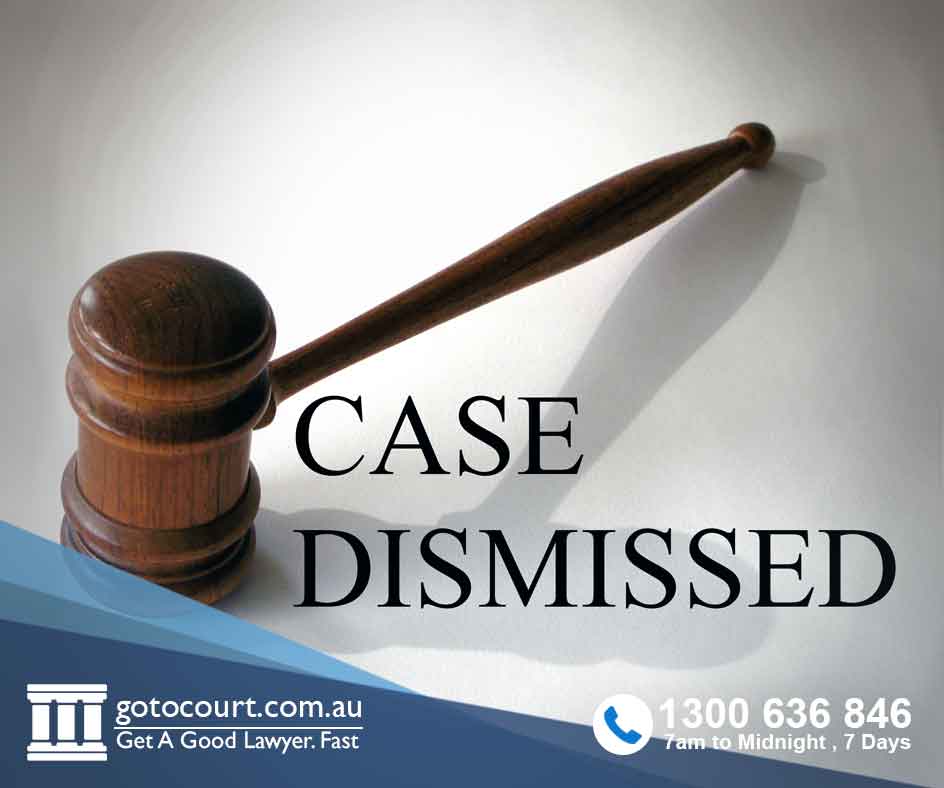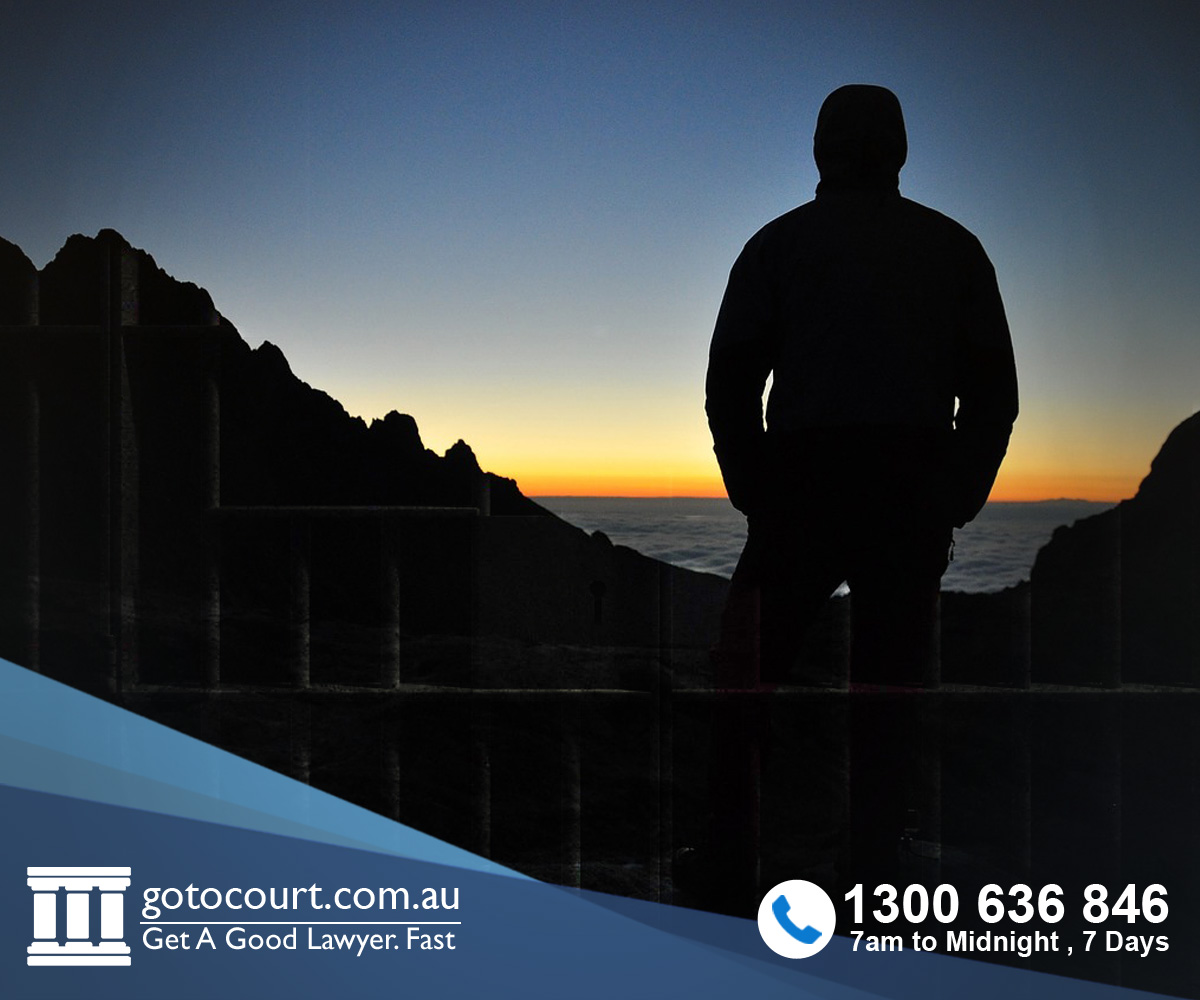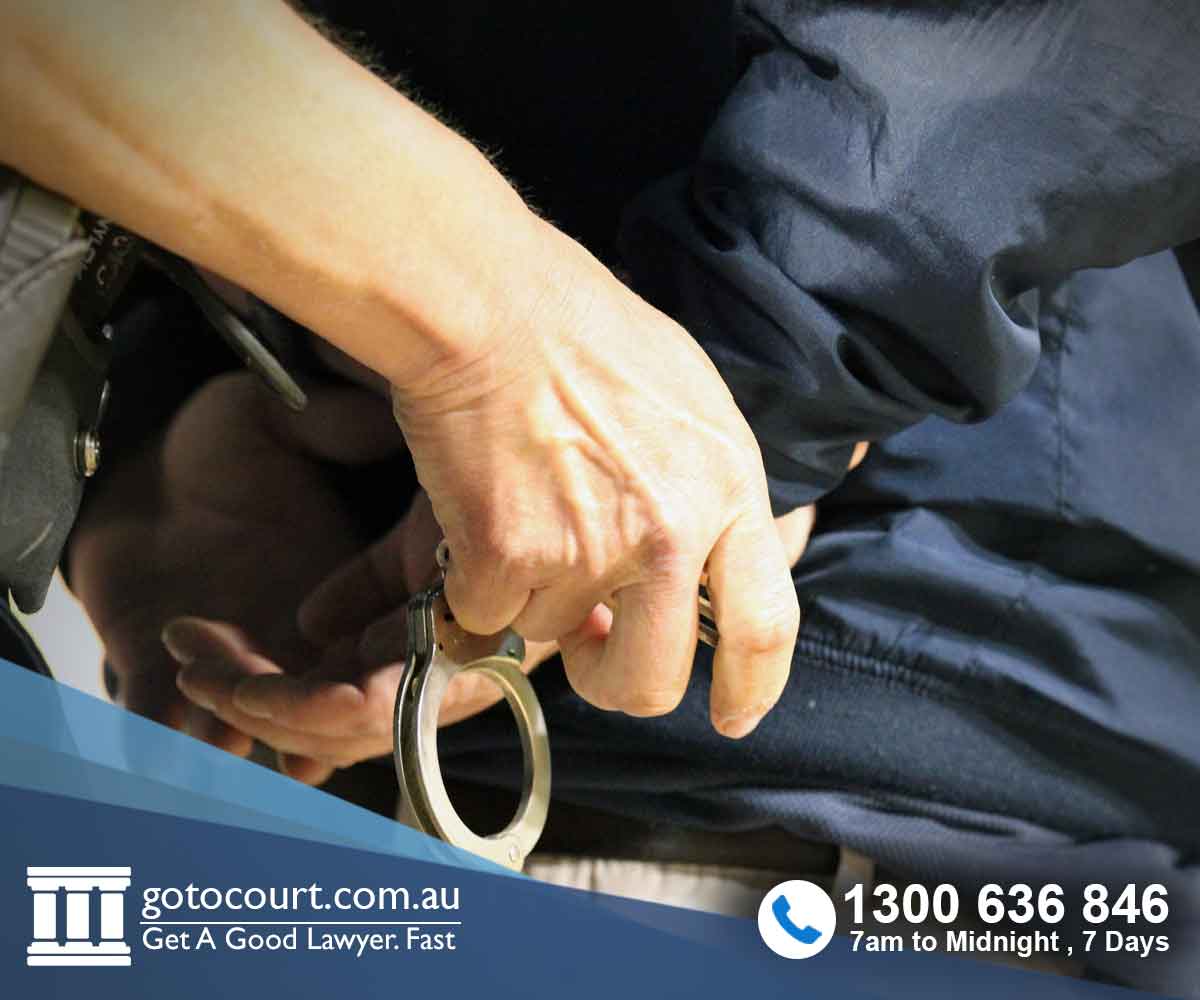Court Program in Victoria
The court program in Victoria operates to allow some offenders to avoid a criminal record by participating in activities that benefit them, their victim, and the community. The program is known formally as the Criminal Justice Diversion Program. The law that governs the program is the Criminal Procedure Act 2009. This court program is available at all Magistrates Courts throughout Victoria. Anyone can apply to be on the program, though not all applications will be accepted.
Victims are invited to become involved in the process, including whether a defendant should be included in the program and the conditions imposed on the program.
The benefits to the person charged include the opportunity to avoid a criminal record and to receive appropriate help through rehabilitation, counselling and/or treatment programs.
The community benefits by way of donations made to various charities or unpaid community work for local community projects.
Criteria for inclusion in the court program in Victoria
To be included in the court program in Victoria, your matter must meet the following criteria:
- it must be able to be heard summarily (in the Magistrates Court)
- it must not carry a minimum or fixed sentence or penalty (with the exception of demerit points)
- you must take responsibility for the offence
- the prosecution must consent to you being on the program
- the Court must declare you are suitable for the program.
Having a previous conviction does not mean that you are automatically excluded from the program but the court will take it into account when deciding whether the program is appropriate for you.
If you are charged with an offence under the Road Safety Act 1986 that does not have a minimum or fixed penalty you may be able to participate in the program but any demerit points will still apply.
A Diversion Plan usually runs for a year. A refusal to grant diversion can’t be appealed or reviewed, except in certain limited situations.
Factors the court will consider
You should provide evidence such as medical reports, character references, certificates, awards or receipts to support your request to be included on the program.
The factors considered may include:
- whether you have paid for any damage that was caused or apologised to any victim
- your employment status
- your physical and / or mental health
- any drug and / or alcohol issues
- the seriousness of the offence
- your criminal history
- any voluntary work you have done in the community
- your explanation for the offence
- the impact that a criminal record will have on your future.
If the charge against you involves a victim, they will be asked whether they agree with the diversion and what terms they would expect to be included such as the amount of compensation they seek for property damage. If they don’t agree to you being on the program, you may not be allowed into the program. The victim is not obliged to reply.
First step in the process
The first step in the process is obtaining the consent of the Prosecution for your inclusion in the program.
Sometimes, the Prosecutor (usually Victoria Police) will give you a document showing their consent (a ‘Diversion Notice’) but you may have to ask them for it. The name and details of the person you must ask will be on your charge sheet as the ‘Informant’. You can write to the informant setting out why you think you are suitable for the program.
You should address all of the factors that the court will consider in your letter to the informant and include copies of any references, reports, awards, certificates and receipts to support what you say. When you have received the Diversion Notice, you should take a copy to the Court as soon as possible.
Second step in the process
Once the Prosecutor consents to your inclusion in the court program, you will be referred to the Diversion Coordinator who will interview you to identify significant issues in your case and to advise the Court what services are appropriate for you.
Third step in the process
There will then be a court program hearing before a Magistrate or Judicial Registrar. If the Magistrate or Registrar decides that you are suitable for the program, they will develop a Diversion Plan for you which you must follow. If they decide you are unsuited to the program, your matter will be sent back into the usual Magistrates’ Court process for hearing on another day.
The charges are adjourned while the Diversion Plan is undertaken. You don’t need to come back to court unless you are told to do so or until your completion hearing. It is up to you to file everything you need to prove that you have completed all of the conditions before the hearing.
Outcome of the court program
If you successfully complete all the conditions of your Diversion Plan, at your completion hearing, your matter will be treated as a caution or official warning and the charges will be discharged with no finding of guilt. Your record will not be made public and will not be available to potential employers.
If any of the conditions of your Diversion Plan are outstanding at the date of the completion hearing, your matter will be sent back to the Court for a hearing of the original charges. At the hearing, the Magistrate will take into consideration how much of the Plan you completed before sentencing you.
Diversion Plan conditions
Conditions attached to your Diversion Plan may include:
- offering an apology to the victim
- paying compensation to the victim
- attending counselling and / or treatment
- attending an educational course
- doing some voluntary work
- donating money to a charity, a local community project, or similar
- doing a defensive driving course and / or attending a Road Trauma Awareness Seminar
- any other conditions the Court considers are appropriate.
If you require legal advice or representation in any legal matter, please contact Go To Court Lawyers.








